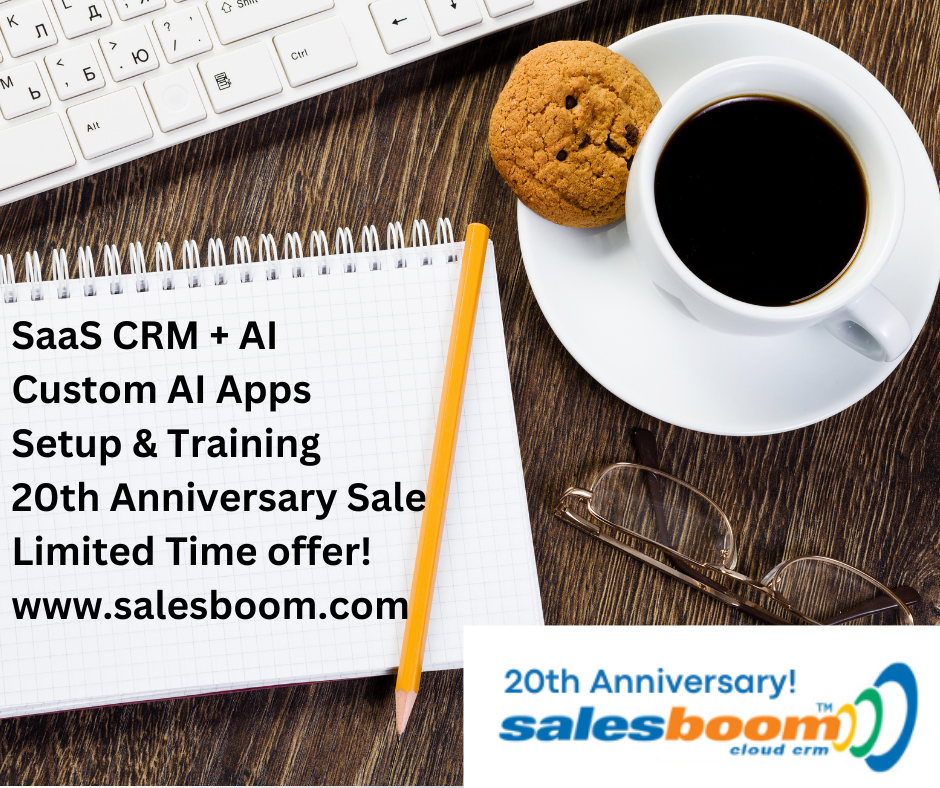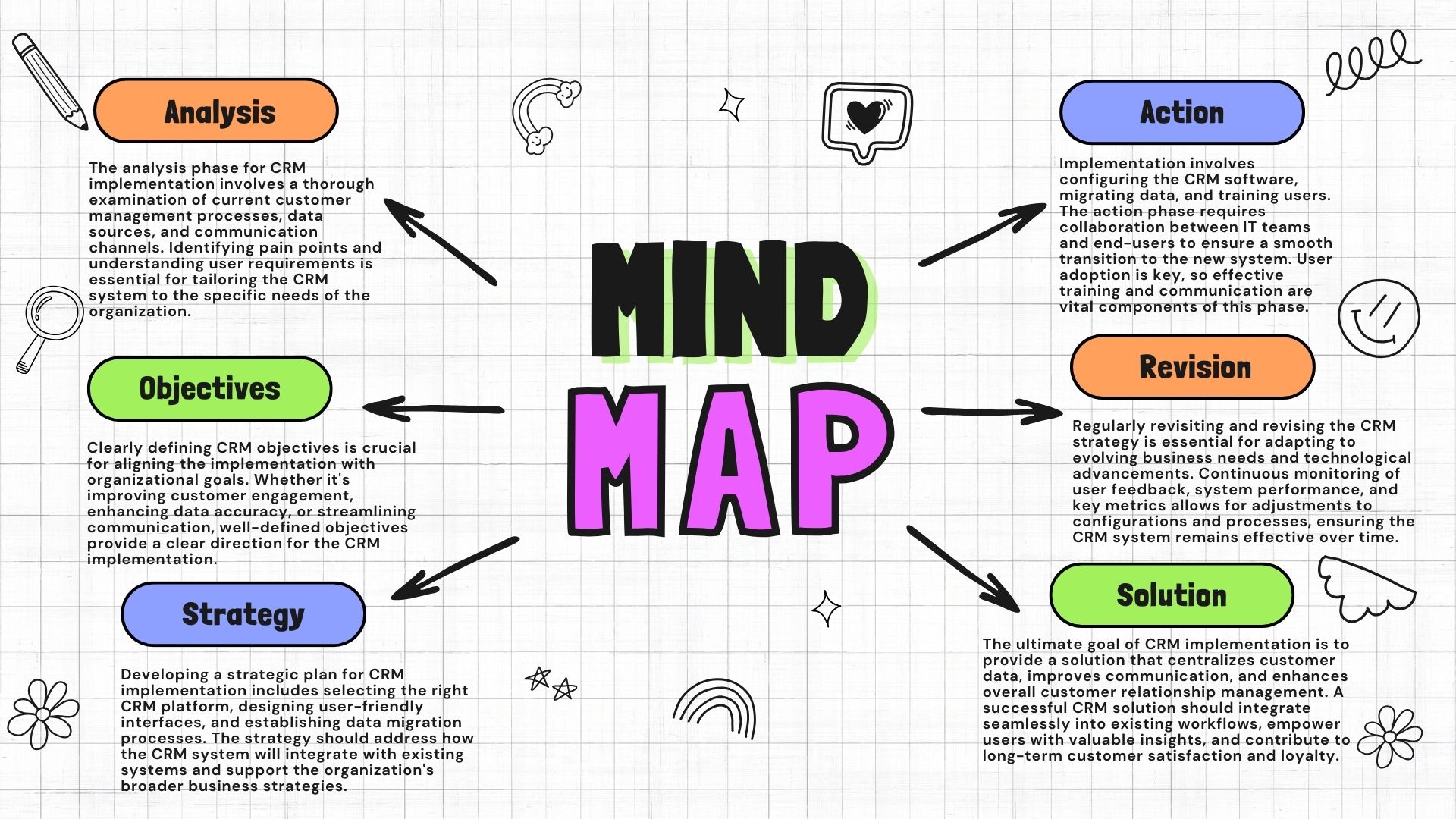SWOT Analysis for CRM Implementation in Pharmaceutical and Life Sciences Sector
Content:
- Navigating the New Era: CRM Integration in Pharmaceuticals and Life Sciences
- Customer Relationship Management (CRM) systems
- Sample SWOT Analysis for Healthcare CRM Implementation for Pharmaceuticals and Life Sciences
Navigating the New Era: CRM Integration in Pharmaceuticals and Life Sciences
In the dynamic and highly regulated Pharmaceutical and Life Sciences sector, the implementation of Customer Relationship Management (CRM) systems is increasingly becoming a focal point for strategic development.
The SWOT analysis provides a comprehensive overview of CRM implementation in the Pharmaceutical and Life Sciences sector, highlighting how CRM can enhance data management, customer relationships, and market analysis, while also pointing out the challenges related to integration, cost, and rapid technological changes.
Focus on CRM implementation in the pharmaceutical and life sciences sector, and how to implement a SWOT Analysis for Pharma and Life Sciences organizations successfully.

The goal is to provide a comprehensive perspective on CRM implementation in the pharmaceutical and life sciences sector, addressing both the transformative potential and the critical challenges.
You can adapt the content to suit the specific context and needs of your audience.
The Pharmaceutical and Life Sciences industry stands at a pivotal juncture, where technological innovation meets the ever-evolving demands of healthcare.
In this landscape, Customer Relationship Management (CRM) systems emerge as essential tools, not just for streamlining operations, but for spearheading advancements in drug development and patient care.
This blog post delves into the strengths, weaknesses, opportunities, and threats of integrating CRM systems in this dynamic industry, uncovering the potential impact on everything from data management to global market expansion.
Strengths:
The integration of CRM systems in pharmaceuticals and life sciences offers significant advantages.
Central to these is the enhanced ability to manage large volumes of complex data, a cornerstone in drug development, clinical trials, and market analysis.
CRMs facilitate stronger relationships with healthcare professionals, distributors, and patients, fostering brand loyalty and trust.
Additionally, these systems provide invaluable market insights, enabling companies to tailor their products and strategies to meet evolving market demands effectively.
Another critical advantage is the support CRM systems offer in maintaining regulatory compliance, a non-negotiable aspect in the pharmaceutical industry.

Weaknesses:
However, the path to CRM integration in this sector is laden with challenges. The complexity of integrating CRM systems with existing data infrastructures can be daunting and resource-intensive.
The costs associated with implementing and maintaining sophisticated CRM systems are substantial and can pose a significant barrier, especially for smaller companies.
Furthermore, ensuring that staff, particularly those in technical or scientific roles, are adequately trained and comfortable with the CRM system is essential for its successful adoption.
Opportunities:
The opportunities that CRM systems open up in pharmaceuticals and life sciences are groundbreaking.
One of the most exciting prospects is the role of CRM in advancing personalized medicine. By leveraging detailed patient data and health trends, pharmaceutical companies can develop and market treatments tailored to individual patient needs.
Global market expansion is another avenue where CRM systems can make a significant impact, helping companies understand and adapt to diverse healthcare needs and regulatory landscapes across the globe.
Additionally, the shift towards digital marketing and sales strategies, accelerated by the pandemic, finds a strong ally in CRM tools, enabling innovative and effective outreach in the digital realm.
Threats:
Yet, there are considerable risks to navigate. The handling of sensitive patient and research data in CRM systems demands robust security measures to prevent data breaches.
Keeping pace with rapid technological advancements and ensuring CRM systems remain up-to-date can be a continuous challenge.
Moreover, the pharmaceutical industry’s stringent regulatory environment means that any non-compliance facilitated by CRM systems can have serious legal and financial consequences.
As the pharmaceutical and life sciences sector continues to evolve, the integration of CRM systems stands as a beacon of innovation and efficiency.
While challenges such as data security, technological adaptation, and regulatory compliance loom large, the potential benefits of enhanced data management, market insights, and customer engagement are immense.
For companies in this sector, CRM integration is not just a step towards modernization; it’s a strategic move towards redefining how pharmaceuticals and life sciences interact with the healthcare ecosystem and the patients at its heart.

Sample SWOT Analysis for Healthcare CRM Implementation for Pharmaceuticals and Life Sciences
Conducting a SWOT analysis in this context is crucial for understanding the strengths, weaknesses, opportunities, and threats associated with CRM integration.
This analysis not only highlights how CRM can optimize customer engagement and streamline processes, but it also sheds light on the potential challenges and competitive landscape in the sector.
By using the following guide, Pharmaceutical companies and Life Sciences organizations can better navigate the complexities of CRM implementation, ensuring that it aligns with their business objectives and regulatory requirements, and effectively enhances their operational efficiency and market position.
Strengths:
-
Enhanced Data Management: CRMs in the pharmaceutical industry can manage vast amounts of data, crucial for drug development, clinical trials, and patient feedback.
-
Improved Customer Relationships: CRM systems enable better engagement with healthcare professionals, distributors, and patients, fostering strong relationships and brand loyalty.
-
Market Analysis and Insights: They provide valuable insights into market trends, helping pharmaceutical companies to tailor their products and marketing strategies effectively.
-
Regulatory Compliance Support: CRM systems can assist in maintaining compliance with various healthcare and pharmaceutical regulations.
Weaknesses:
-
Complex Integration with Existing Systems: Integrating CRM systems with existing pharmaceutical data systems can be challenging and resource-intensive.
-
High Implementation Costs: The cost of implementing and maintaining a sophisticated CRM system in pharmaceuticals can be significant.
-
Staff Training and Adoption: Ensuring that all employees, especially those in technical and scientific roles, are comfortable using the CRM can be challenging.
Opportunities:
-
Personalized Medicine: CRM systems can aid in the development and marketing of personalized medicine by leveraging patient data and health trends.
-
Global Expansion: Effective CRM strategies can facilitate expansion into new markets by understanding and adapting to local healthcare needs and regulations.
-
Digital Marketing and Sales Strategies: CRM tools offer opportunities for innovative digital marketing and sales approaches, especially in a post-pandemic world where digital interactions have become more prevalent.
Threats:
-
Data Security and Privacy: Handling sensitive patient and research data requires stringent security measures to protect against breaches.
-
Rapid Technological Changes: Keeping up with rapid technological advancements and integrating them into existing CRM systems can be challenging.
-
Regulatory Risks: The pharmaceutical industry is heavily regulated, and non-compliance with these regulations through CRM systems can lead to significant legal and financial repercussions.
Are you part of the Pharmaceutical or Life Sciences industry and considering the leap into CRM integration? Share your thoughts or seek advice in the comments below.
If you're looking for expert guidance on navigating the complexities of CRM implementation in this sector, our team is here to help. Reach out for a consultation that addresses your unique challenges and opportunities.